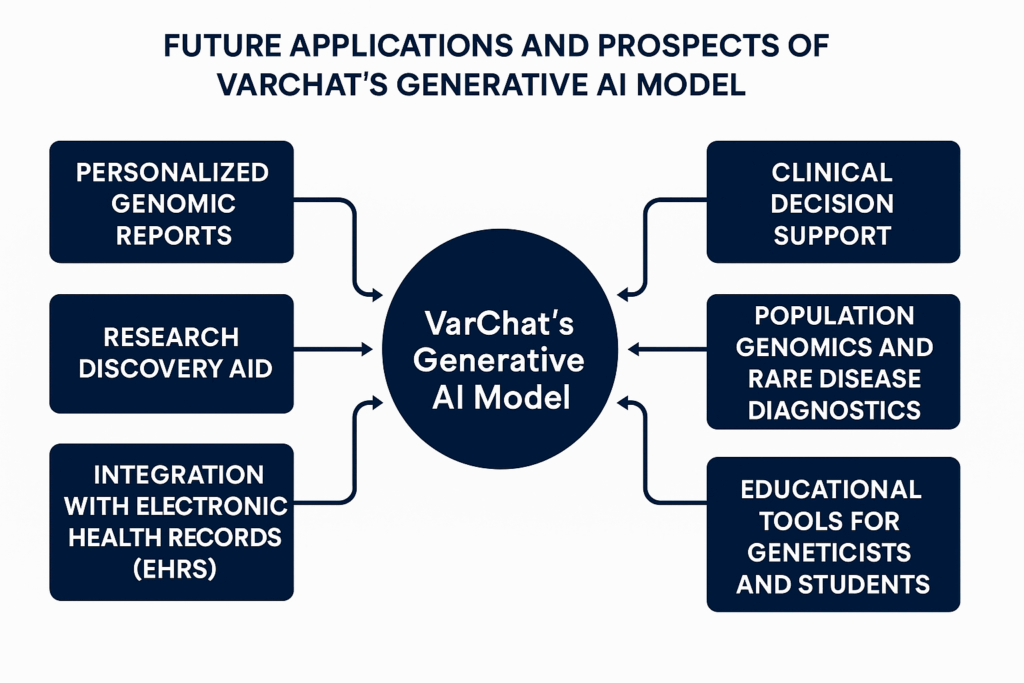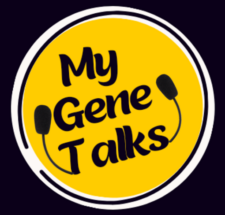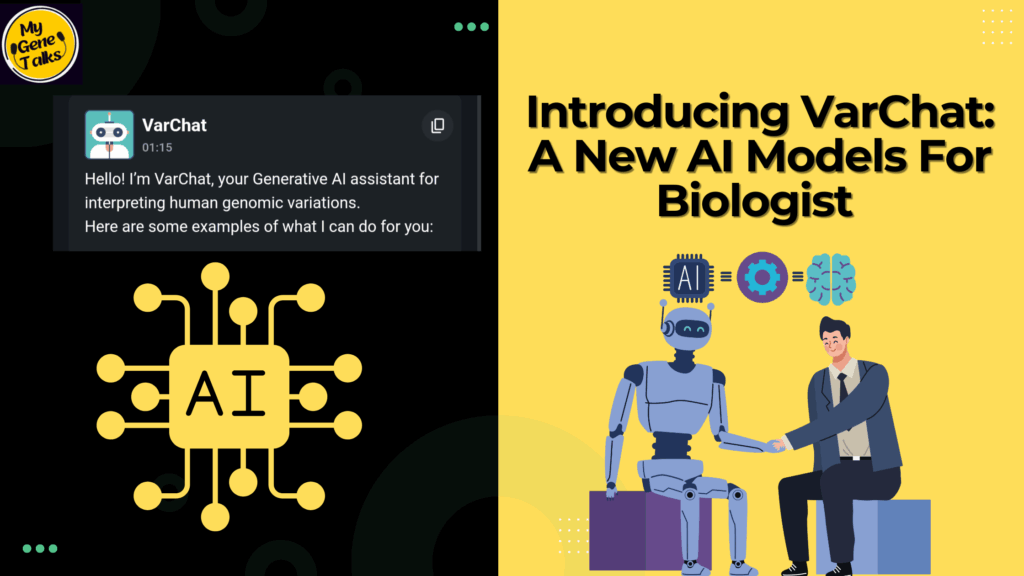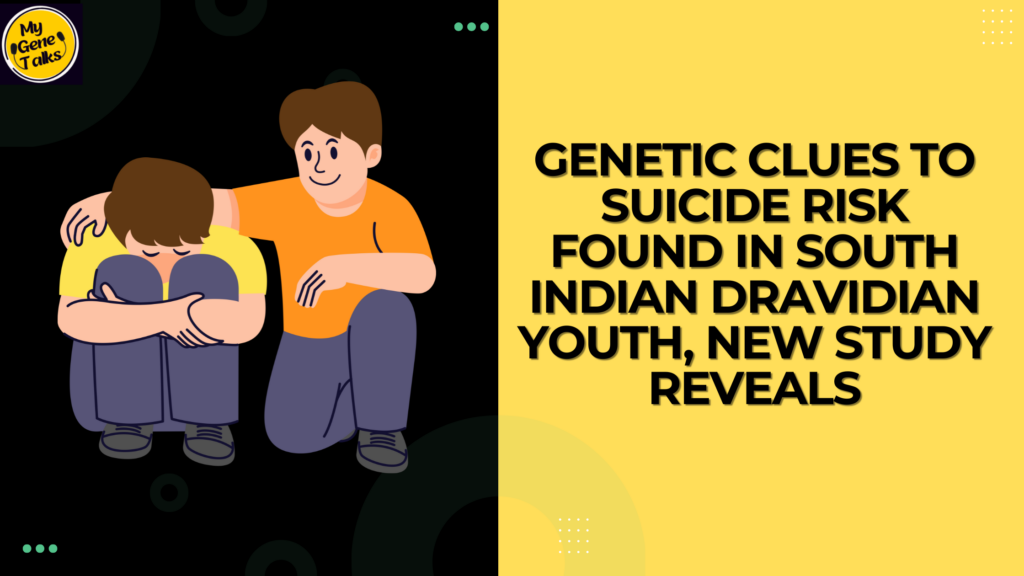The rapid evolution of genomics and the ability to quickly interpret genetic variants is very important for research, diagnostics, and precision medicine. Traditional variant interpretation tools often require manual curation, deep domain knowledge and expertise, and time investment. To address these challenges, a creative innovation generative AI-powered assistant designed specifically to effective variant exploration and interpretations.
What is VarChat?
VarChat, developed by EnGenome, is an intelligent, interactive platform that brings the power of generative AI for variant analysis. At its core function, it acts as an AI assistant that analyzes genetic variants and communicates insights in natural language, allowing users to engage in dynamic conversations about the biological, clinical, and functional importance of specific genetic alterations or mutations.
This is not like a traditional static database, VarChat creates an interactive experience to its users and can ask questions about a variant’s clinical significance, associated diseases, known pathogenicity, and much more and receive detailed, context-rich answers in real time.
Why Should Geneticists Pay Attention to this?
For geneticists, researchers, and bioinformaticians, variant interpretation feels like finding a needle in a haystack. Even with access to large-scale databases like ClinVar or gnomAD, making sense of how a variant impacts patient care requires synthesizing diverse pieces of information.
VarChat simplifies this process by:
Summarizing variant data with clinical-grade quality.
Providing citations and references to support its insights.
Facilitating hypothesis generation by answering complex genetic questions.
Reducing turnaround time for variant classification and reporting.
Let’s Imagine, you are reviewing a patient’s exome sequencing report, identifying a novel missense mutation, and simply asking VarChat, “Is this variant linked to any known disorders?” or “What is the predicted impact of this amino acid substitution?” The chat system will deliver you. a comprehensive, AI-generated answer immediately.
How VarChat Works?
It’s built on a secure and scientifically curated knowledge base, VarChat combines structured genomic data with large language models adpated for biomedical contexts. The AI engine understands queries ranging from basic variant descriptions to highly specific clinical questions. Most Importantly, it highlights explainability and traceability, meaning users can trace back every answer to reputable source and references. The user will get high quality and credible source of information within few seconds.
This web interface (VarChat) ensures that users with limited bioinformatics knowledge and expertise can easily navigate and interact with the platform.
Future of Variant Interpretation
The generative AI tools like VarChat will definitely be a benchmark for variant analysis and interpretation in the coming years. As datasets grow larger and the demand for personalized medicine rises, AI systems will become indispensable allies for clinicians and researchers.
By bridging the gap between raw data and actionable knowledge, VarChat enables geneticists to focus more on decision-making and developing strategies and less on data wrangling.
Future Applications of VarChat-Generative AI Model
1. Preparation Of Personalized Genomic Reports:
VarChat could automate the generation of patient-specific genetic reports, integrating variant interpretation, disease associations, and treatment suggestions customized to each genome.
2. Clinical Decision Support:
It may evolve into a real-time assistant for clinicians, offering variant pathogenicity assessments, differential diagnoses, and therapeutic options at the point of care.
3. Research Discovery Aid:
Researchers can use this tool to quickly hypothesize variant functions, prioritize candidate genes, and design studies based on AI-driven literature mining.
4. Population Genomics and Rare Disease Diagnostics:
By using large datasets, VarChat could identify novel variant-disease associations, supporting rare disease gene discovery and variant reclassification efforts.
5. Integration with Electronic Health Records (EHRs):
In the future, models like VarChat might be able to integrate EHR systems, which automatically flagging pathogenic variants during genetic testing.
6. Continuous Learning Models:
As more genomic and clinical data become available, VarChat could self-update, continuously refining its interpretations based on the latest research without manual reprogramming.
7. Educational Tools for Geneticists and Students:
It could be adapted into a training tool, helping genetics students and professionals learn variant analysis through guided conversations and case studies.




